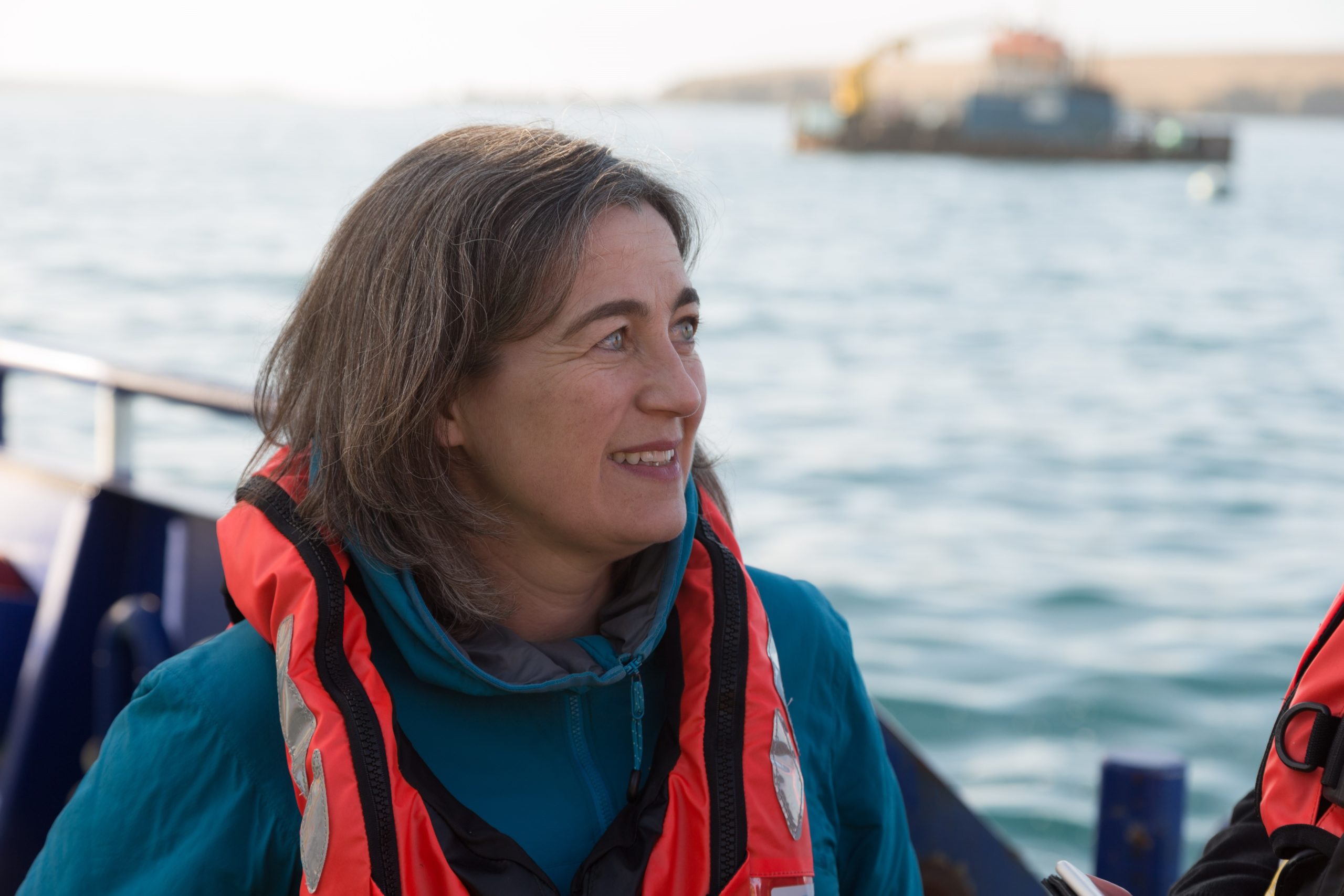Immigration scheme ‘threat to seafood sector’

TWO of Scotland’s largest seafood organisations, representing both the farmed and caught sectors, united today to call for urgent discussions over the government’s new points based immigration policy.
Under post-Brexit plans, low skilled workers would not get visas to work in Britain unless they are employed in ‘specific shortage occupations’.
These currently include nursing, civil engineering, psychology and classical ballet dancing. Those with PhDs relevant to a specific job would also get preference.
Workers from European Economic Area countries currently have the automatic right to live and work in the UK irrespective of their salary or skill level, but this will end on December 31, when the Brexit transition period is over.
The Scottish Seafood Association (SSA) and the Scottish Salmon Producers Organisation (SSPO) highlighted the dependence of the processing sector on overseas labour.
And they stressed the importance of ensuring that businesses were able to be fully staffed to deal with the growth in seafood volumes from January 2021.
SSA chief executive Jimmy Buchan said: ‘These immigration plans have the potential to severely restrict the economic boost that will flow from the UK’s exit from the Common Fisheries Policy.
‘At the point of expansion, we need ministers to allow scope for recruitment of skilled, semi-skilled and unskilled labour as they are all vital to the viability of the sector.
‘We will take our case to the UK government in the coming days and weeks.’
Julie Hesketh-Laird, chief executive of the SSPO, said: ‘We are concerned that these proposals, as drafted, could hinder the production and processing of Scottish salmon.
‘We are seeking urgent meetings with UK government ministers to find ways of making these plans work better for our sector.’

